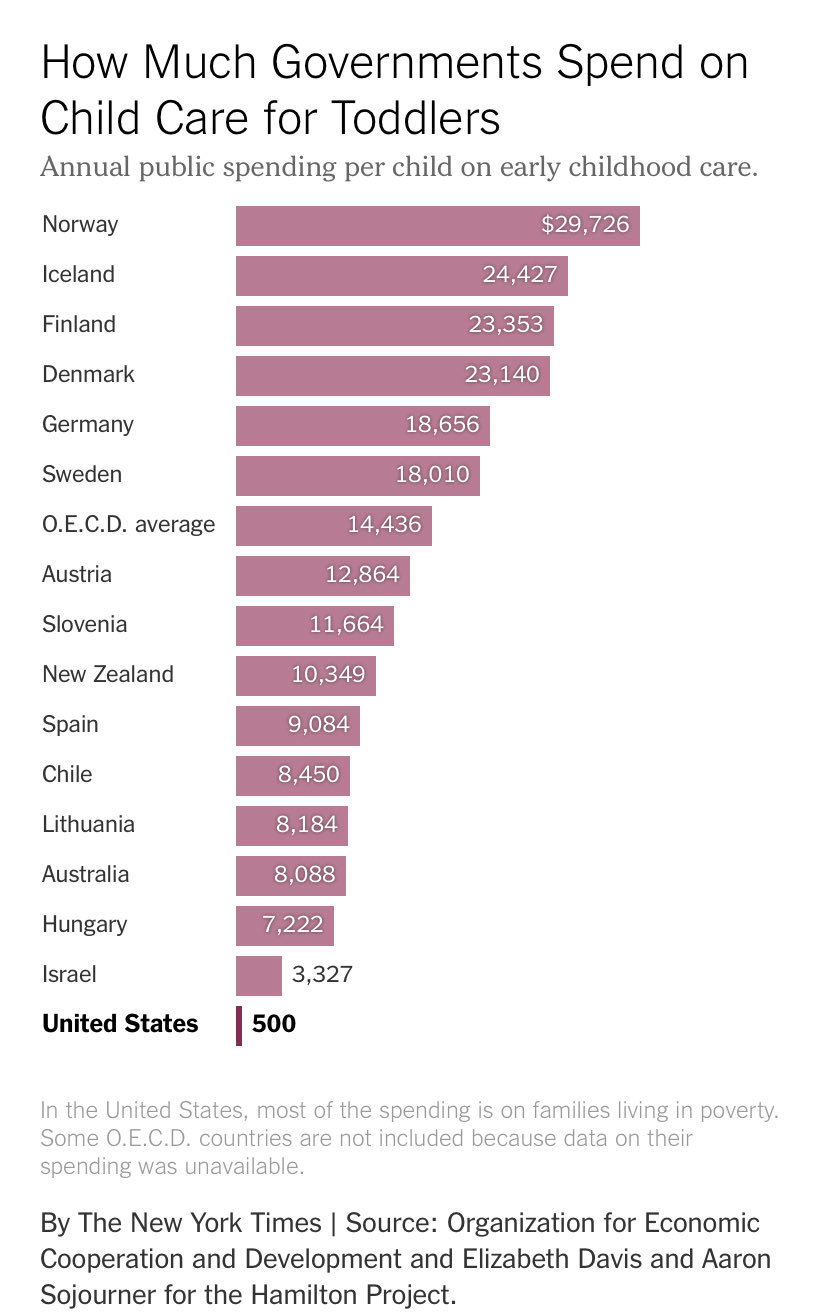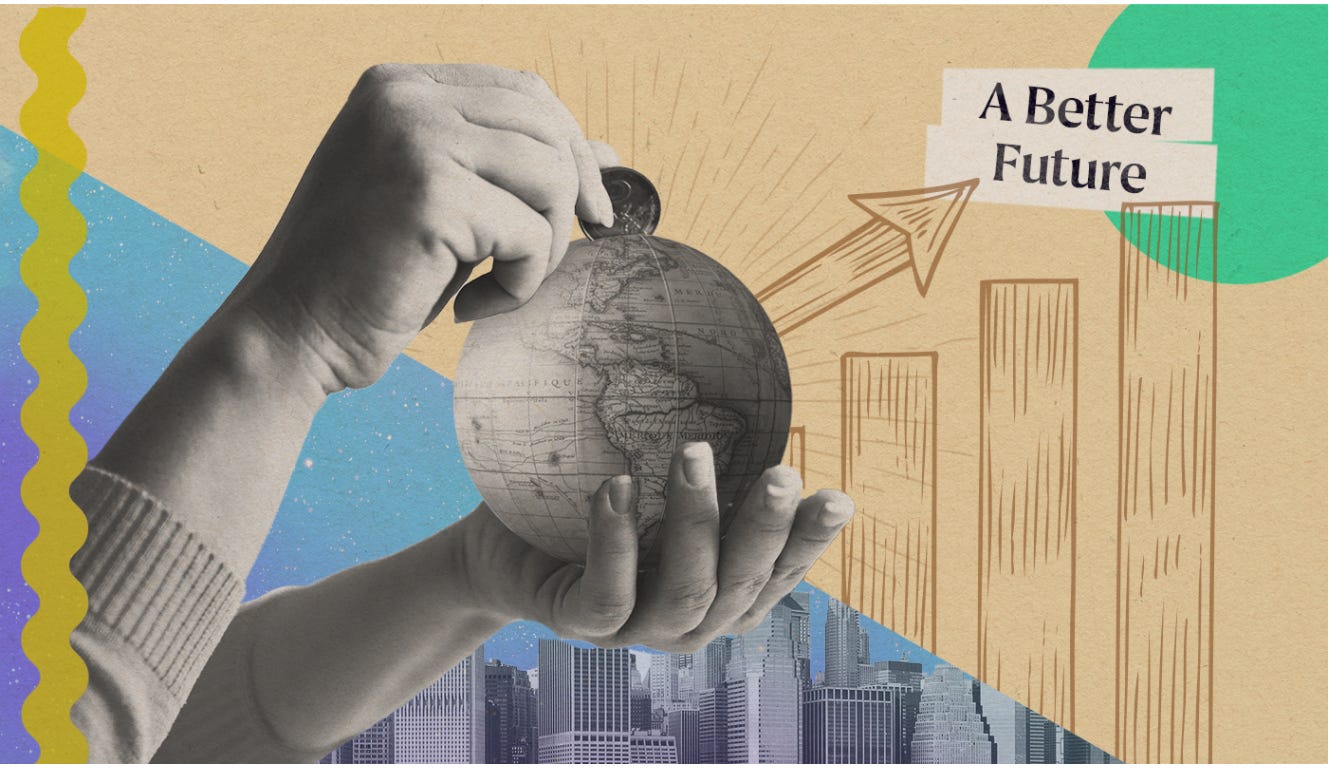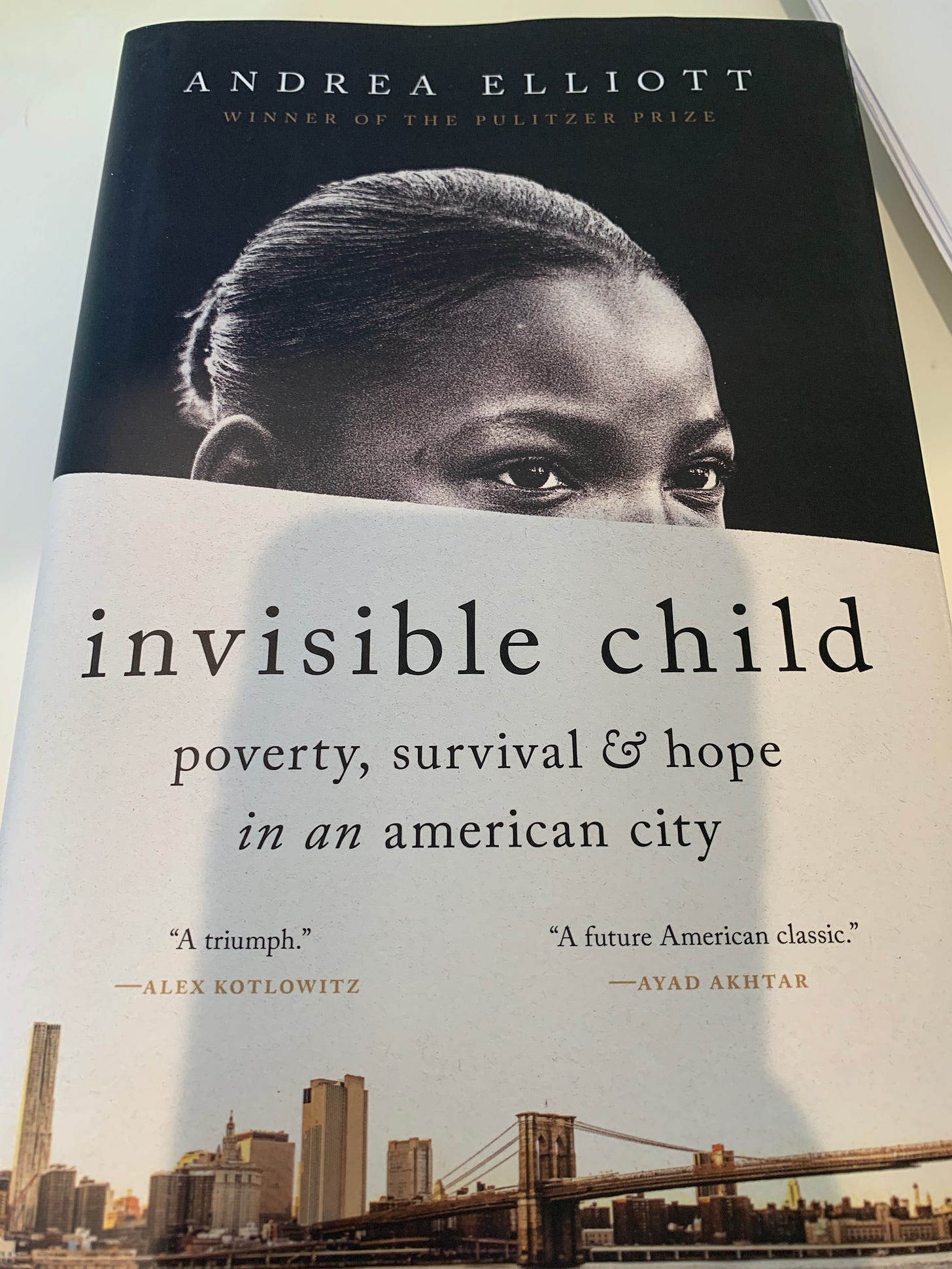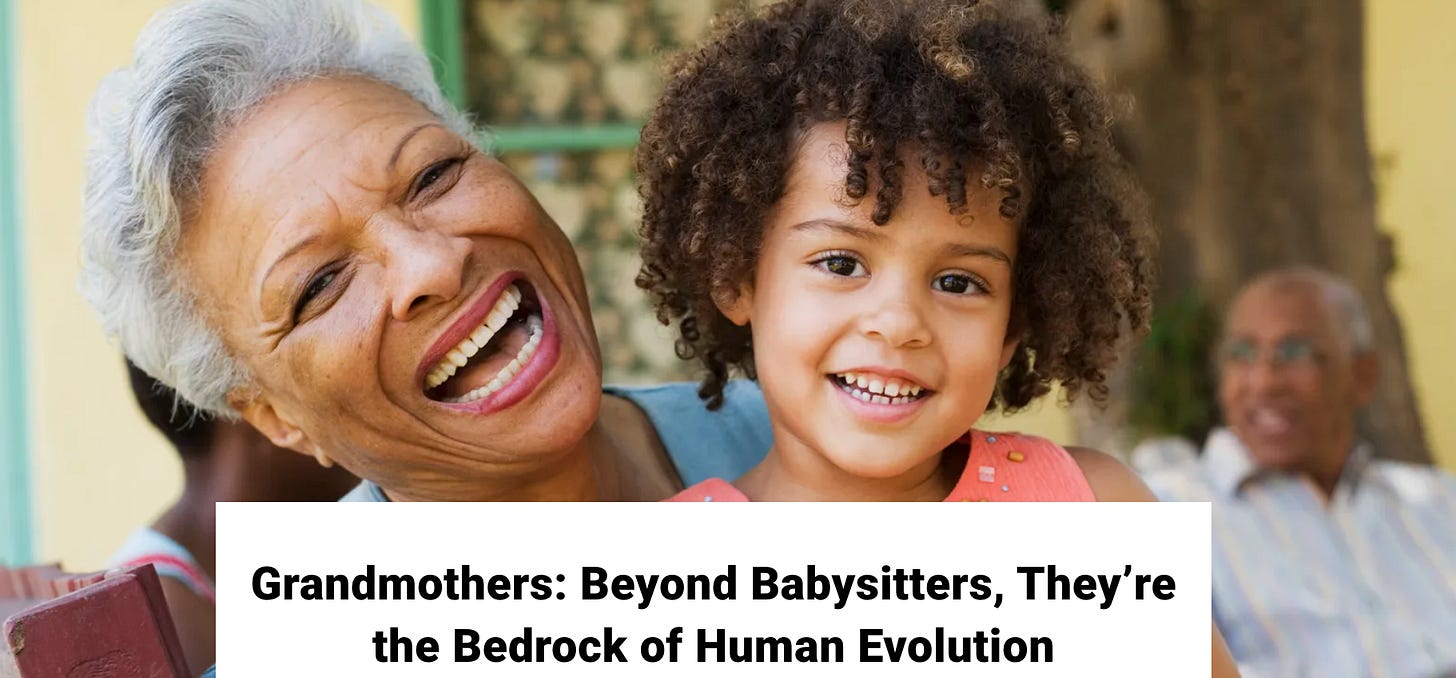Small Talks, No. 31
October 8, 2021
Dear Small Talker,
Welcome to the thirty first edition of Small Talks. Every Friday, I highlight 6 areas of weekly joys and reflections in early childhood and the whole family. Small Talks leverages my experience at the intersection of education, philanthropy and impact investing. Enjoy!
What I’m celebrating -
This chart in the New York Time article “How Other Nations Pay for Child Care. The U.S. Is an Outlier” highlights the gap between the US and peer nations for public spend on child care for birth-2.
Important new research by Dr. Dana Suskind and colleagues at the University of Chicago on how parental beliefs on child development and child outcomes are intertwined — and how those beliefs can be shifted.
Honored to be a contributor to Includr.org, a forum started during the global pandemic to illuminate social inclusion research & practices. My latest piece is about inclusive investing, a building block toward a more inclusive economy.
The Mom Project, a company focused on employment for mothers and family-friendly environments, gets an $80m capital injection, a promising signal more and better jobs for moms.
What I’m listening to -
“Little Kids, Big Hearts” is a podcast for big-hearted kids (and some of us adults) ages 3-8 by kids 3-8. I loved listening to the “What IS empathy?” episode.
What I’m reading -
“Invisible child: poverty, survival & hope in an American city” by Andrea Elliott, winner of the Pulitzer Prize, follows Dasani (who was named after the bottled water brand) across 8 years. The book is a powerful tale of a homeless child and family resilience. What I appreciated the most: it is not a story of a child escaping problems of poverty (or her family), but rather an attempt to find the causes and solutions to those problems. Please see also initial 2013 NYT article.
What I’m watching -
Not a documentary or a movie this week, but this New Yorker cartoon…
What I’m learning and exploring more deeply -
Dr. Bob Pianta and his colleagues at the University of Virginia published their findings about the “school boost” for children accessing quality early childhood at ages 3, 4 and 5. It also highlights the importance of teacher well-being.
“Grandmothers: Beyond Babysitters, They’re the Bedrock of Human Evolution” highlights the contribution of grandmothers (also referred to “the grandmother hypothesis” by Susan Hawkes) in the transmission of culture and longevity.
“Students parents suffer as more campus child care centers close” by Jackie Mader at the Hechinger Report.
“If student parents experience worse college outcomes due to the pandemic, it could have a ripple effect on their children. A parental college diploma not only makes it far less likely that children will grow up in poverty, but it boosts children’s odds of earning a college degree and a higher income themselves.”
This fascinating brain implant experiment to treat depression through bio-markers and targeted intervention provides a small glimpse at the advances on neuroscience (and many, many ethical questions).
I enjoyed reading this analysis “Counting Happiness and Where it Comes From”
“Generally speaking, it’s about someone making time for another, which might come as a meal together, a gift, or a hug.”
Quote I am pondering -
"Dance like your children are watching, your ancestors, your family. Dance for those who are hurting, those who can't dance, those who lost loved ones and those who suffer injustices throughout the world."
— Supaman
Feedback is a gift. Which part above is your favorite? What did I miss? What do you want more or less of? Other recommendations? Please kindly let me know. Thank to all all of you who are sending me amazing suggestions.
If you enjoy this newsletter, please help spread the word by sharing with your friends, colleagues, and networks.
Have a wonderful week. Please stay safe and care for each other.
Isabelle








Love the “Little Kids, Big Hearts” podcast!